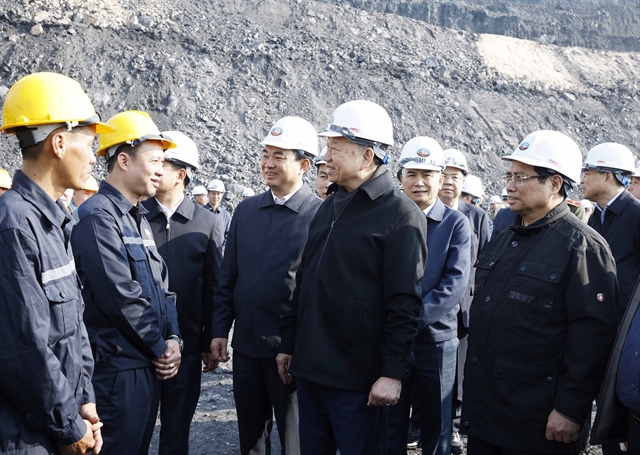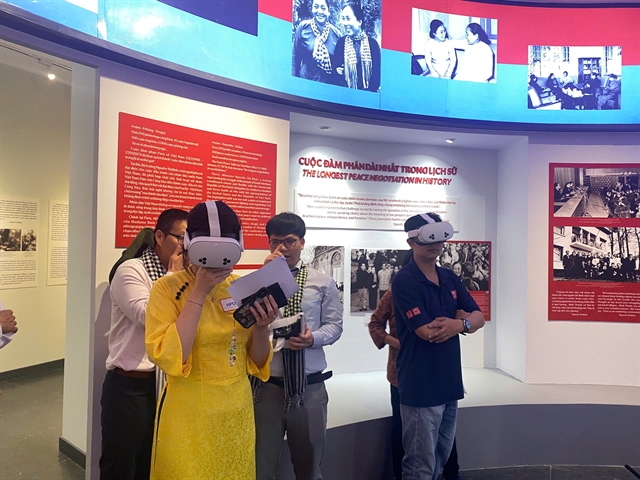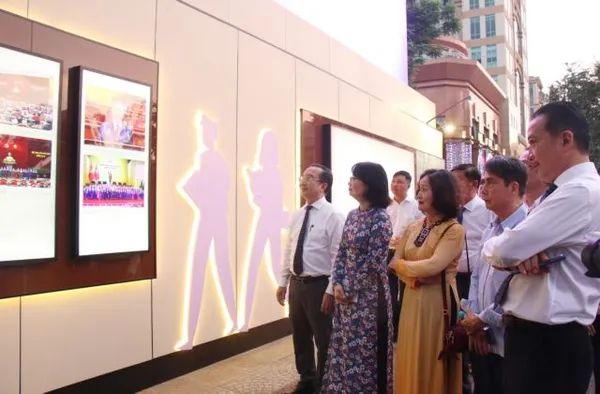 Environment
Environment
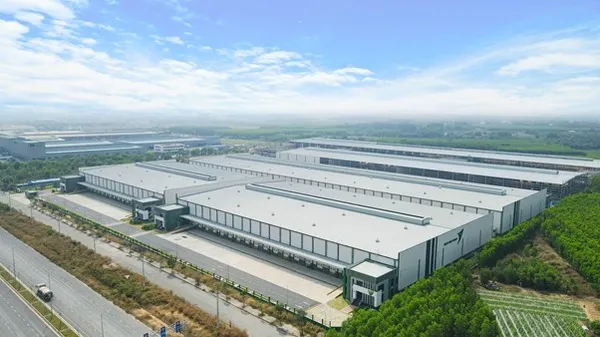
In HCM City’s District 7, twigs, leaves and other parts shed by trees are no longer sent to solid waste treatment plants for burial but are instead recycled for compost.
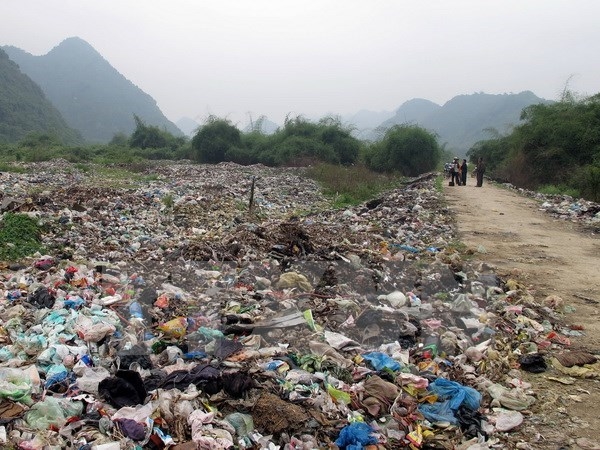 |
| In HCM City’s District 7, twigs, leaves and other parts shed by trees are no longer sent to solid waste treatment plants for burial but are instead recycled for compost.— VNA/VNS Photo Quốc Đạt |
HCM CITY — In HCM City’s District 7, twigs, leaves and other parts shed by trees are no longer sent to solid waste treatment plants for burial but are instead recycled for compost.
It is done under a pilot programme by the District 7 Public Service Co.Ltd, which takes care of trees in parks and other public areas, collects garbage, and provides other services in the district.
Đinh Nho Quyền, head of the company’s division that tends trees, told Sài Gòn Giải Phóng (Liberated Sài Gòn) newspaper that before the rainy season trees on roads are pruned to avoid accidents, and as many as 20 cubic metres of branches, twigs and leaves are collected per day.
It is difficult to transport the stuff to solid waste treatment plants and costly to bury, he said.
After studying the experience of other countries in treating this kind of waste, he said he found grinding them for compost was the most suitable solution.
The company suggested it to the district People’s Committee and got approval, he said.
For the pilot programme, the company is only using machines with a capacity of five tonnes a day.
But after the trial ends it plans to buy larger machines to reduce manpower and make it safer for workers.
An enzyme is added to ground waste provided by the city Department of Science and Technology and left to decompose for three months.
Other companies like Tân Thuận Co.Ltd, mix the wastes with sludge taken from the wastewater treatment system at the Tân Thuận Export Processing Zone to compost them.
Dr Nguyễn Đăng Nghĩa, head of the Southern Environment and Fertiliser Land Research Centre, said compost is preferable to chemical fertilisers, which harm the soil and water bodies.
Recycling of waste also helps improve people’s awareness of environmental protection and could be used to produce bio-coal, he said.
Composting waste is one of the main goals under a five-year plan the city has drawn up for waste treatment, according to the Department of Natural Resources and Environment
Forty per cent of the total amount of solid wastes generated will be recycled for compost or burnt.
Last year the city generated 9,000 tonnes of solid waste per day, but only 1,600 tonnes were taken to recycling plants.
It costs the city US$20 to treat one tonne of rubbish, which is estimated to increase to 12,000 tonnes daily by 2020. — VNS

.jpg)
